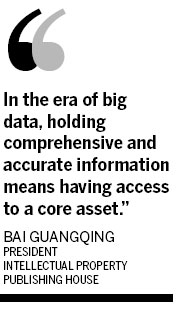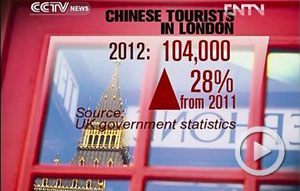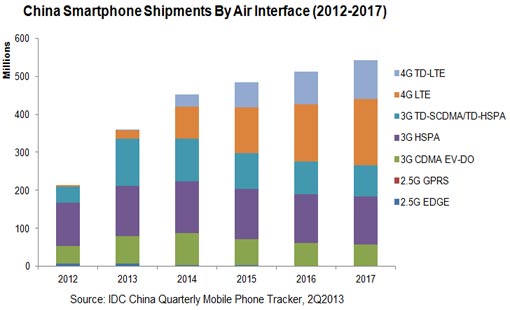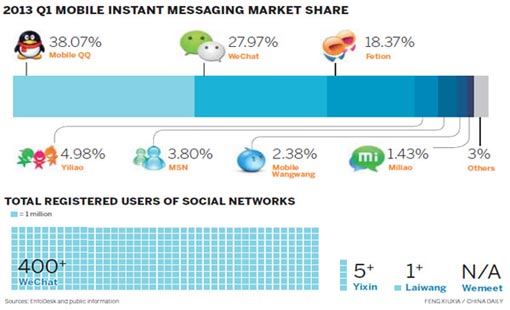Big data and how it will drive growth
Updated: 2013-09-18 07:49
Companies need to make better use of databases to sharpen their edge in innovation, experts said at the Patent Information Annual Conference of China in Beijing last week.
"In the era of big data, holding comprehensive and accurate information means having access to a core asset," Bai Guangqing, president of the Intellectual Property Publishing House, told China Daily during the meeting.
"In the sea of information, how to discover relationships between various data and increase data mining efficiency through IT is the key to helping improve R&D."
With some 90 percent of technology information available in patent documentation worldwide, tapping into vast patent databases is an inevitable path to innovation, Bai said.
More foreign companies are eyeing China's information service market after the country became largest patent filing powerhouse in the world, he said.
The trend is reflected in expansion of the conference itself. Founded in 2010, the event this year attracted 1,500 representatives from the domestic and overseas business communities, its largest-ever corporate participation.
Many arrived from abroad - both service providers and users - a reflection of growing demand from overseas, Bai said.
The publishing house president said half of his company's yearly revenue is from overseas orders. Now about 20 million yuan ($3.3 million) for the year, the company's revenues are growing 20 to 30 percent annually, a rate he predicted will continue to accelerate.
At the same time, domestic companies now place a higher value on patent information as innovation heats up, partly due to a series of government policies, said Bai.
In comparison with mature overseas markets, domestic big data and analysis still need fostering, experts said.
The value of the information market will surpass 3.2 trillion yuan in 2015, according to projections by the State Council released in mid-August.
The burgeoning demand will generate at least 1.2 trillion yuan in other sectors, the report said.
Meng Xiantang, deputy director-general of the High-tech Industry Department at the National Development and Reform Commission, told the conference the global economy is still sluggish in the aftermath of the financial turmoil that began in 2008.
"New demand (for information) can be an emerging engine in the recovery," Meng said.
Efforts by various governments to stimulate their economies focus on technological innovation and emerging industries, he said.
Now in a key stage of industrialization and urbanization, China faces challenges and opportunities with industrial restructuring and changes in what powers growth.
"We need to upgrade to an economy driven by innovation rather than by investment or resources," he said.







